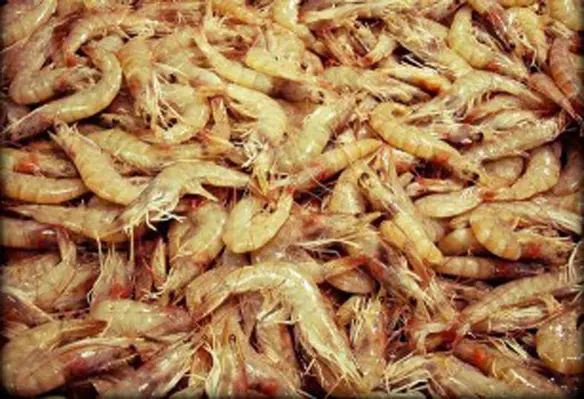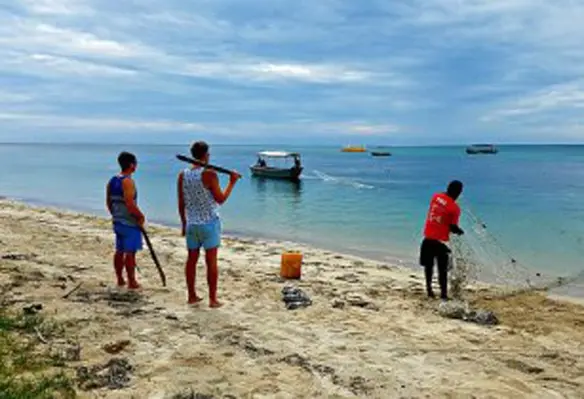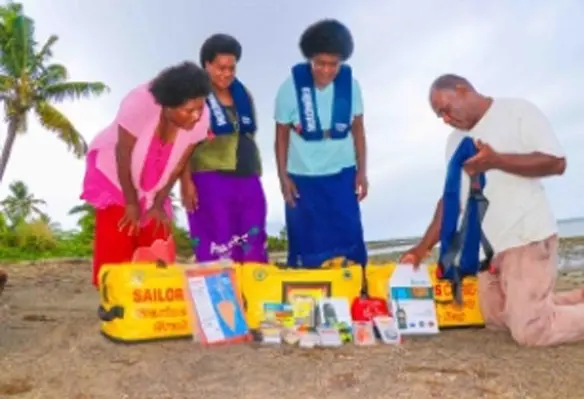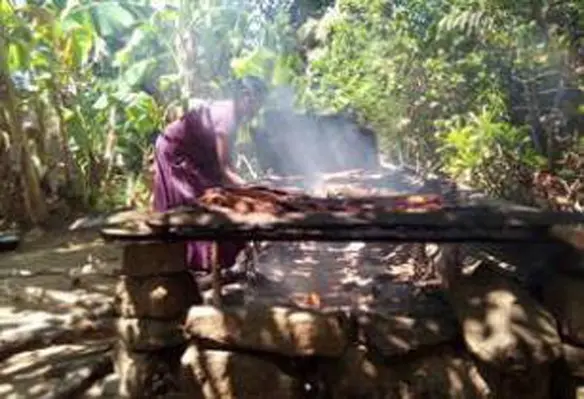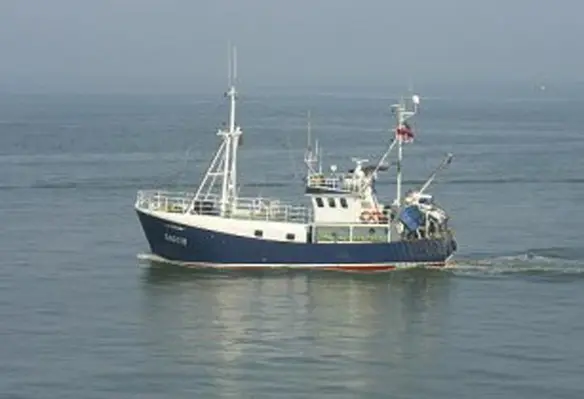
The MoU aims to settle illegal fishing activities between the countries. (Image source: Tvabutzku1234/Wikimedia Commons)
In a bilateral cooperation committee meeting between Vietnam and Indonesia held in Hanoi, the countries have agreed to strengthen cooperation to settle fishing violations in the South China Sea, to improve the trade relations



